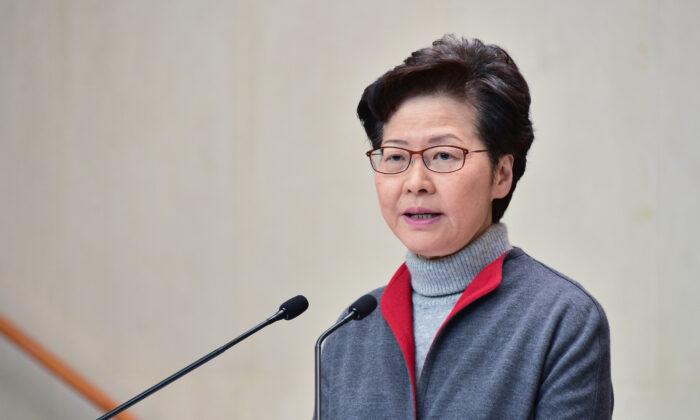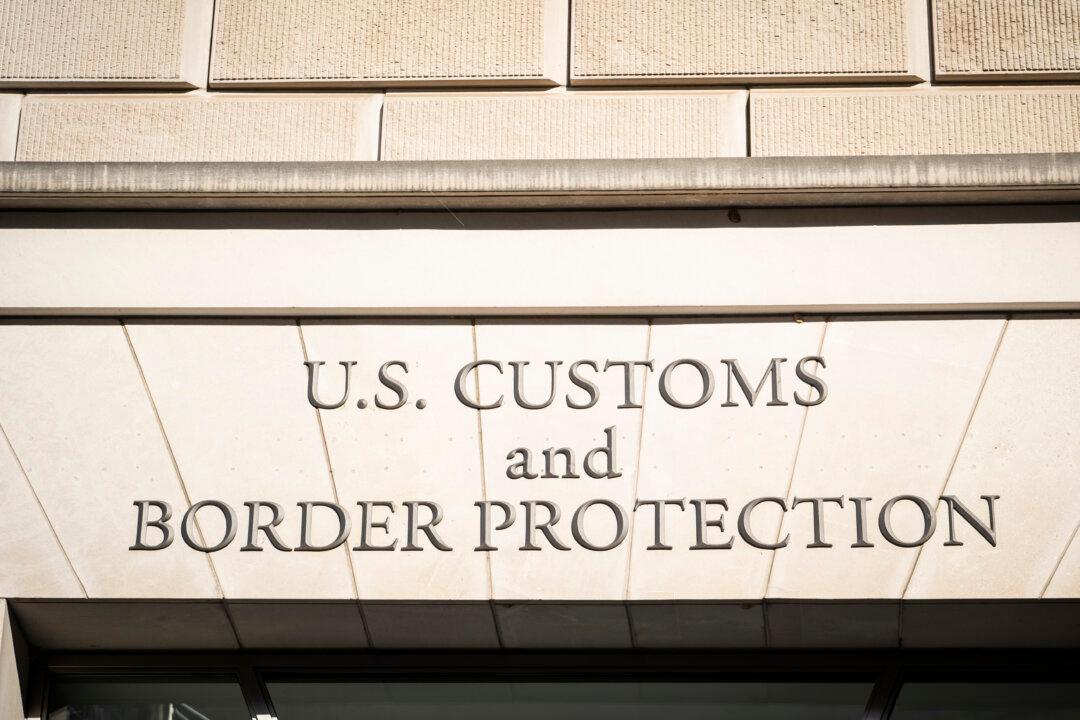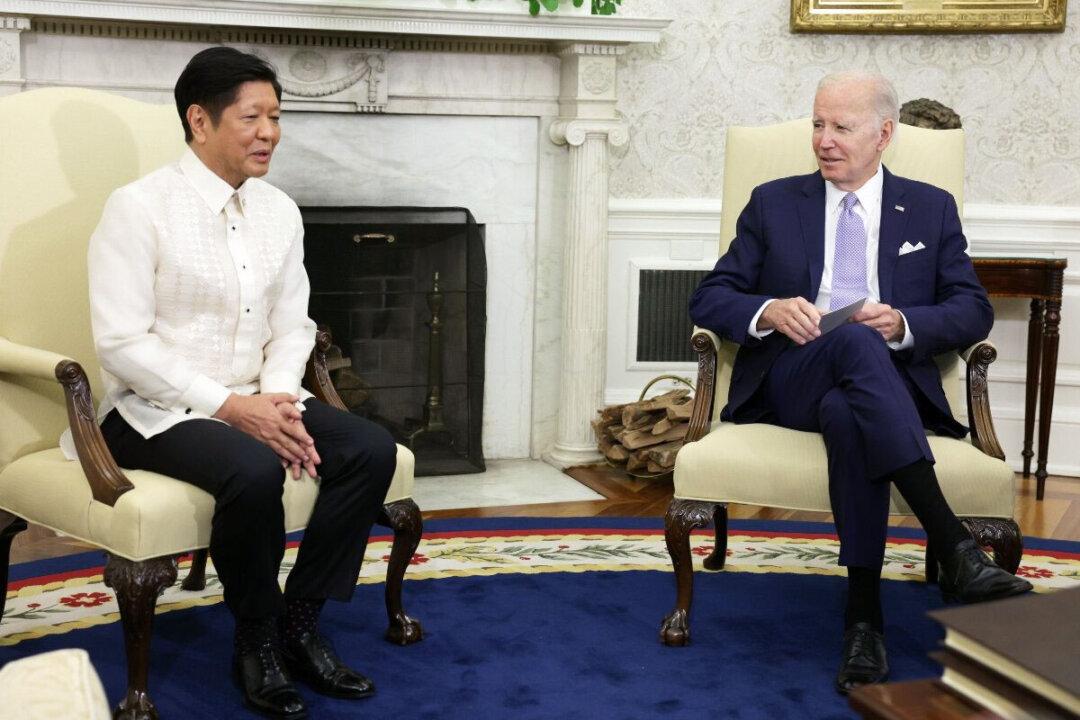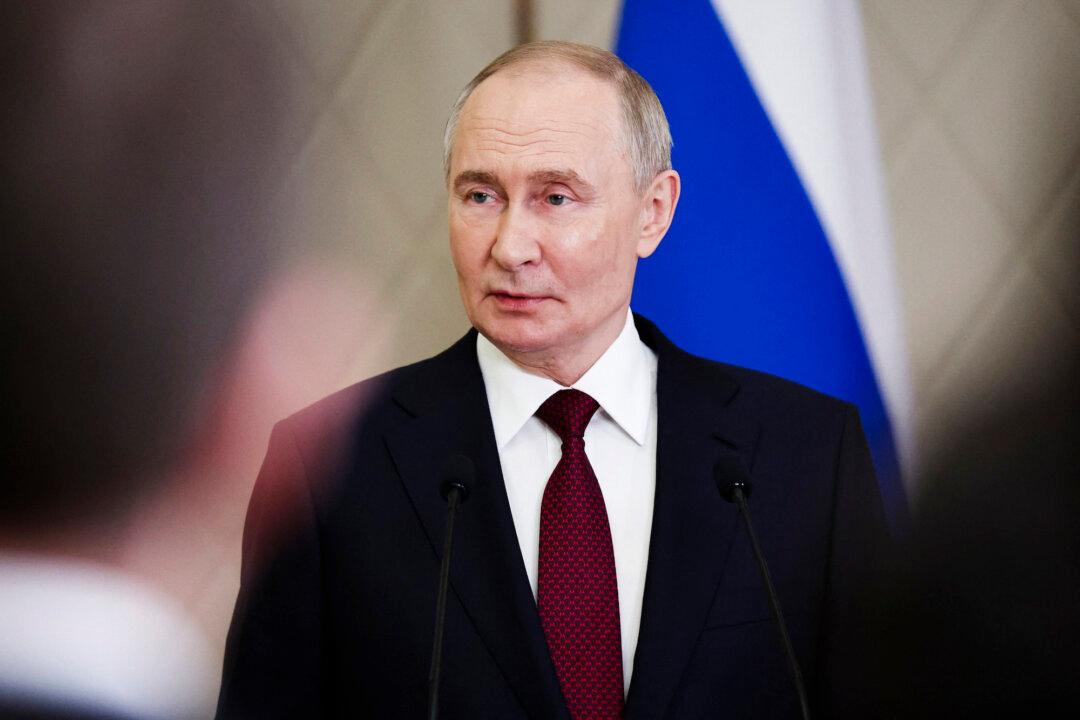Hong Kong leader Carrie Lam has refused to provide details behind her government’s decision to block the director of an international Human Rights Group from entering the city.
Geng Shuang, a spokesperson for China’s Foreign Ministry, said it was China’s “sovereign right” to decide who should be granted entry in a daily press conference on Jan. 13. Without naming the HRW directly, Shuang also accused NGOs of “inciting violence” and supporting “rioters” in Hong Kong.
“We will not comment on individual cases. The immigration authorities will deal with each case, based on the existing legislation and existing immigration policies taking into account the actual circumstances of the case,” Lam said in her weekly press conference when asked whether the decision to deny Roth’s entry was a political one.
China’s Mysterious Pneumonia
Also at the press conference, Lam commented on the pneumonia outbreak in China that has Hong Kong people concerned about spread of the disease.Lam said that Hong Kong has sent a delegation to Wuhan, the Chinese city that reported an outbreak of a new strain of pneumonia. On Jan. 11, Chinese authorities released the complete genetic sequence of the coronavirus affecting patients in Wuhan.
Lam added that the delegation is expected to return to Hong Kong this evening, and that she would provide further updates after a scheduled meeting with local health experts tomorrow.
While there have been people with pneumonia-like symptoms in Hong Kong, Lam said that no cases in Hong Kong have been linked to the Wuhan virus.
Lam replied that China was working with the World Health Organization, and was communicating with Hong Kong on this issue.
Backlog in Courts
On Jan. 13, Hong Kong’s Chief Justice Geoffrey Ma announced the creation of a task force to “look into how best and how expeditiously” to deal with the large backlog in cases due to the ongoing pro-democracy protests, according to local media RTHK.Ma suggested that extra measures be introduced, including the extension of judges’ sitting hours.
Since June, when mass protests broke out in Hong Kong over a now fully-withdrawn extradition bill, local police have arrested over 6,000 people.
Taiwan Election Result Ignored
Taiwanese President Tsai Ing-wen’s landslide victory in the Jan. 11 presidential election was conspicuously absent from Lam’s comments.Shuang had claimed on Jan. 12 that Taiwan’s election was a “sub-national affair in China.”
Many Hongkongers traveled to Taiwan to witness the democratic election. According to Hong Kong’s mini constitution, Hongkongers do not vote directly for their top leader, the chief executive. Universal suffrage has been one of the key demands of the on-going protests.
At a rally supporting Tsai and the ruling Democratic Progressive Party (DPP) in Taipei on Jan. 11, two Hongkongers shared with The Epoch Times about their trip to Taiwan.
Justin, a 24-year-old college student, said that Tsai’s victory would likely “put some pressure on the Hong Kong government” to allow for democratic elections in the city.
Another Hongkonger, Tony, 30, explained his support for Tsai.
“Unlike Carrie Lam who called us ‘rioters,’ Tsai knows that we are working hard to safeguard our freedom,” the accountant said.





